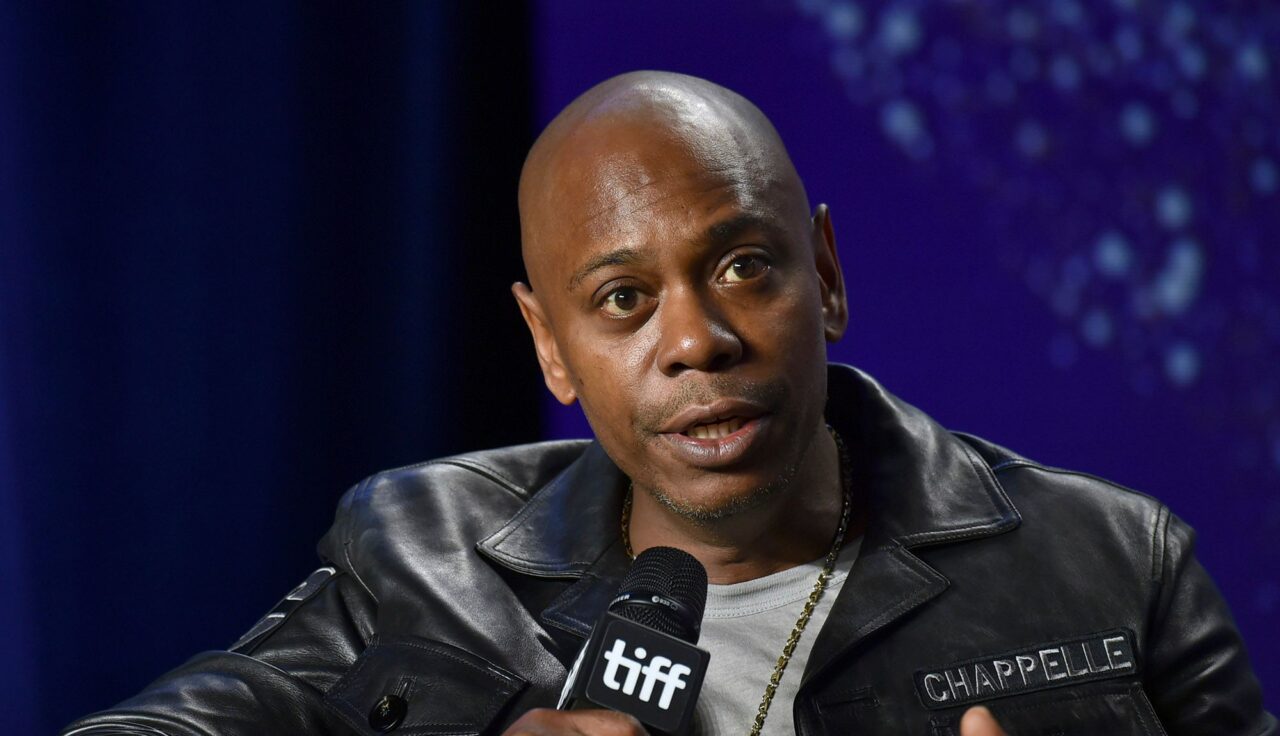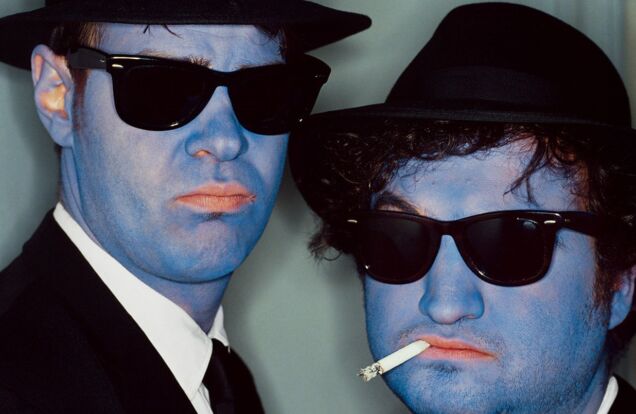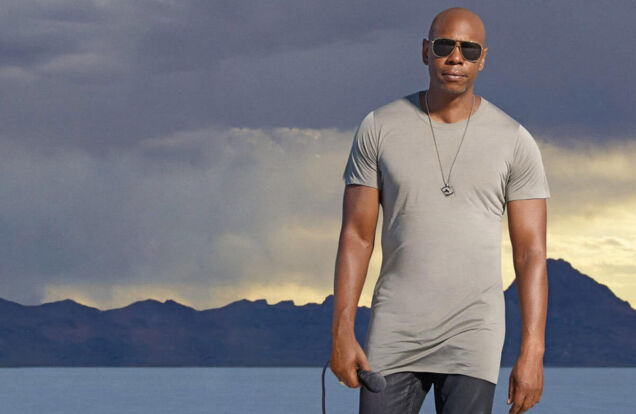COMEDIAN DAVE CHAPPELLE
The Voice of Reason?


It has been twice that comedian Dave Chappelle fronted Saturday Night Live after contentious presidential elections. Chappelle’s opening monologue in 2016 after Hilary Clinton’s loss to Donald Trump was full of politically charged punchlines. The country felt divided. Two polarizing personalities, misleading poll numbers, and the first female candidate’s desire to follow the first Black president would not be. So, was it cathartic to hear the comedian talk about progress, the pride and hope he felt after attending a BET sponsored party at the White House? “It made me very happy about the prospects of our country. So in that spirit, I’m wishing Donald Trump luck. And I’m gonna give him a chance. And, we the historically disenfranchised demand that he give us one, too.”
Chappelle’s observational comedy is unfiltered, introspective as he peels back the layers of American politics, racism, African-American culture, and current events. It’s not just racism he challenges, but every other “ism” too. He is not the typical celebrity comic. He doesn’t live in Hollywood, doesn’t walk red carpets, paparazzi are not part of his life, and he walked away from a highly successful namesake show on Comedy Central. He lives in Yellow Springs, Ohio, a place that is considered a small blue dot in the middle of a very red state.
Former late-night talk show host David Letterman calls Chappelle a “true master of his craft” and he went to Yellow Springs to interview the comedian for his Netflix series My Next Guest Needs No Introduction with David Letterman. Chappelle describes Yellow Springs as a warm place where “fame evaporates with regularity,” and points out that “all letters of the alphabet are welcome here in Yellow Springs. We want to make everyone feel safe and comfortable.” A child of divorce, he split his time between Washington, DC, and Ohio, where his father lived and taught at Antioch College. Chappelle says his father raised him that “all politics are local, community is everything…you can’t change the world, but you can make a corner of it pretty nice. These types of ethics. And I live by it.”
Chappelle is Muslim. He converted to Islam when he was 17-years-old, saying he desired a meaningful and spiritual life. Though he points out to Letterman jokingly, “it’s not like I’m good at it.” While his town suffered through the pandemic, Chappelle staged 26 stand-up comedy shows in a neighbor’s cornfield. With help from residents, these shows helped get the community back on its feet. “I do a million shows, but the last 26 meant so much to me because it’s like my community’s offering to the world.”
The presidential election of 2020 was anything but typical. A record number of Americans stood in line during a pandemic and voted. Even more people cast their vote by mail. The Biden and Trump campaigns were dirty, exhausting, and divisive. That week SNL promoted its show as it always did and announced Dave Chappelle would return as host. Is Chappelle the voice of reason? Is he the comedian who can make us look at who we are by throwing a real punchline right where it hurts?
“This morning, after the results came in, I got a text from a friend of mine in London. And she said, “The world feels like a safer place now that America has a new president.” And I said, “That’s great, but America doesn’t.” Do you guys remember what life was like before Covid? I do. There was a mass shooting every week. Does anyone remember that? Thank God for Covid. Someone had to lock these murderous whites up, keep them in the house.”
While his monologue took plenty of jabs at Trump and the handling of Covid-19, he also asked viewers to consider the millions of voters who feel forgotten and connect those pains to the generations of Black Americans. “I would implore everybody who’s celebrating today to remember, it’s good to be a humble winner. Remember when I was here four years ago? Remember how bad that felt? Remember that half the country right now still feels that way.” If Chappelle’s last post election monologue was an opportunity to extend an olive branch to Trump this time around it was an opportunity to reach out to the Blue and Red voters, “You got to find a way to live your life. You got to find a way to forgive each other. You got to find a way to find joy in your existence in spite of that feeling.”


